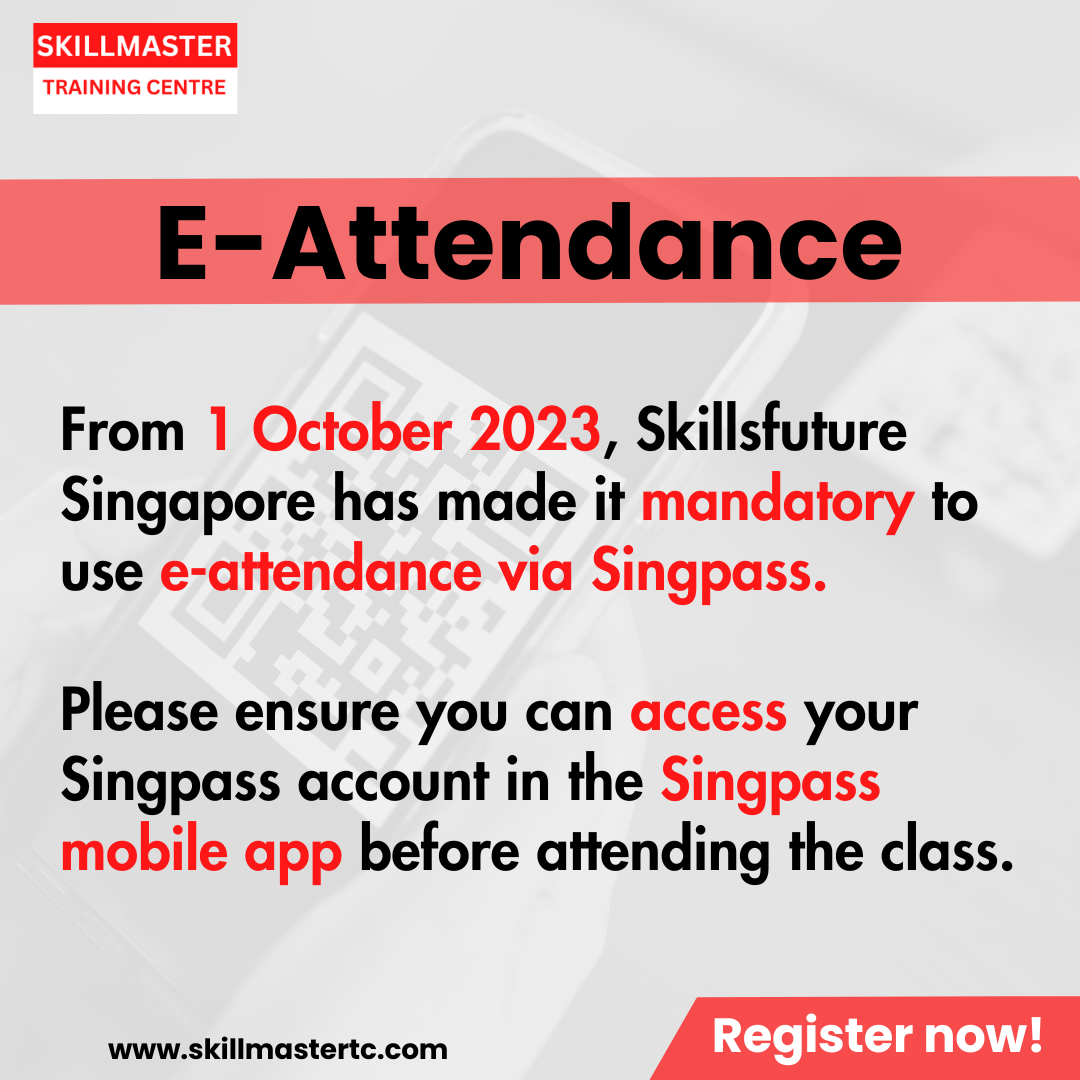Common Food Allergens: What They Are and How to Avoid Them
Food allergies are a severe concern affecting millions worldwide, including in Singapore. Allergic reactions can range from mild symptoms such as hives, itching, and nausea to severe reactions such as anaphylaxis, a life-threatening condition that requires immediate medical attention.
Understanding common allergens and how to avoid them is crucial for individuals with food allergies and those who prepare and serve food. We will delve deeper into the subject of food allergies in Singapore, the most common allergens, and ways to avoid them.
The Prevalence of Food Allergies in Singapore
Understanding food allergies in Singapore is essential to ensure people’s safety and health. Currently, limited information is available, but it is estimated that food allergies affect less than 5% of children under 12 years old and about 1% of adults.
Although the prevalence of food allergies in adults is lower, the severity of allergic reactions can be life-threatening. Educating individuals on common allergens and how to avoid them is crucial. Research and education are vital in addressing food allergies and promoting a safe and inclusive community.
Common Food Allergens
There are eight common food allergens that account for over 90% of all food allergies.
1. Milk
Cow’s milk is the most common food allergen among young children. People with a milk allergy should avoid milk and all dairy products, including cheese, yoghurt, and ice cream.

Source: The Washington Post
2. Eggs
Egg allergies are most common in children but can be outgrown. People with egg allergies should avoid eggs in all forms, including baked goods, mayonnaise, and processed foods.

Source: Kids Eat in Color
3. Fish
Fish allergies are more common in adults and can be severe. People with fish allergies should avoid all fish and seafood, including sushi and fish sauce.

Source: Futon Fish Market
4. Shellfish
Shellfish allergies are also more common in adults and can cause severe reactions. People with shellfish allergies should avoid all shellfish, including shrimp, crab, and lobster.

Source: Restaurant Clicks
5. Soy
Soy allergies are more common in children and can cause mild to severe reactions. People with soy allergies should avoid soy products, including soy milk, tofu, and soy sauce.
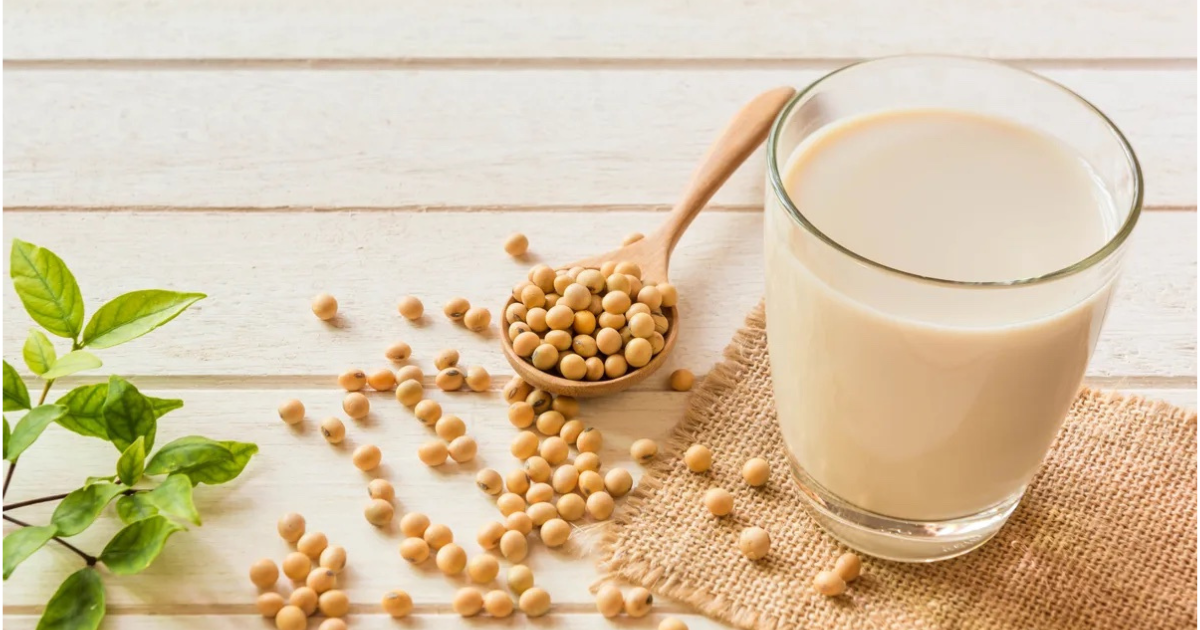
Source: Eat This
6. Wheat
Wheat allergies are most common in children and can be outgrown. People with wheat allergies should avoid all wheat products, including bread, pasta, and baked goods.
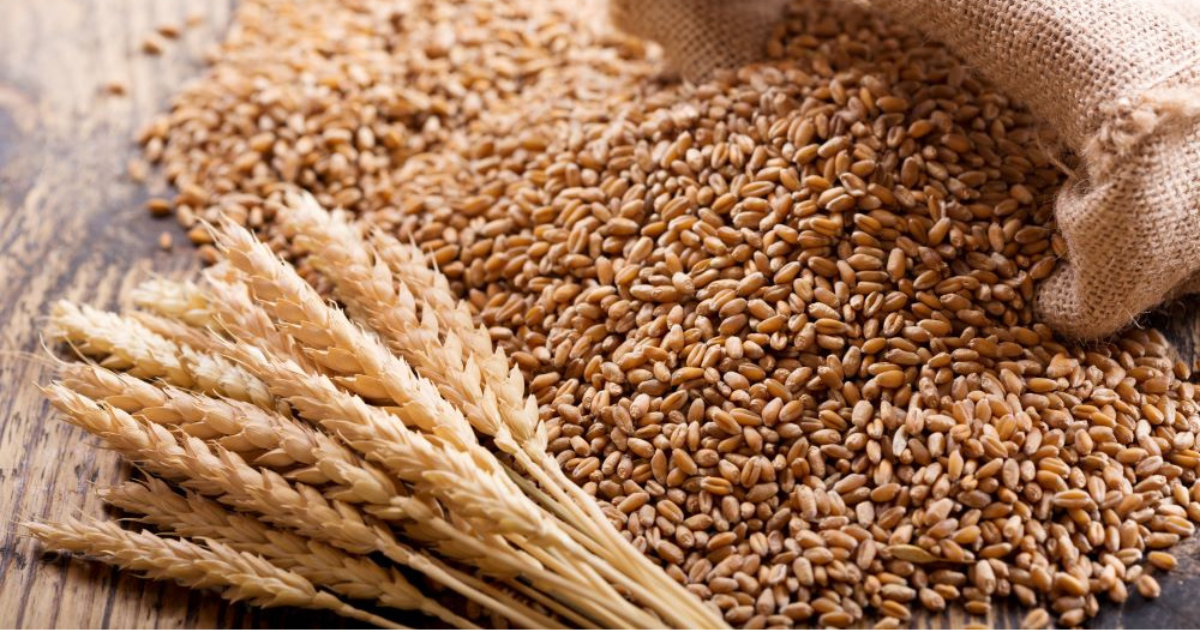
Source: Agraryo
7. Peanuts
Peanut allergies are among the most common and severe food allergies. People with peanut allergies must avoid peanuts and all peanut products, including peanut butter and peanut oil.
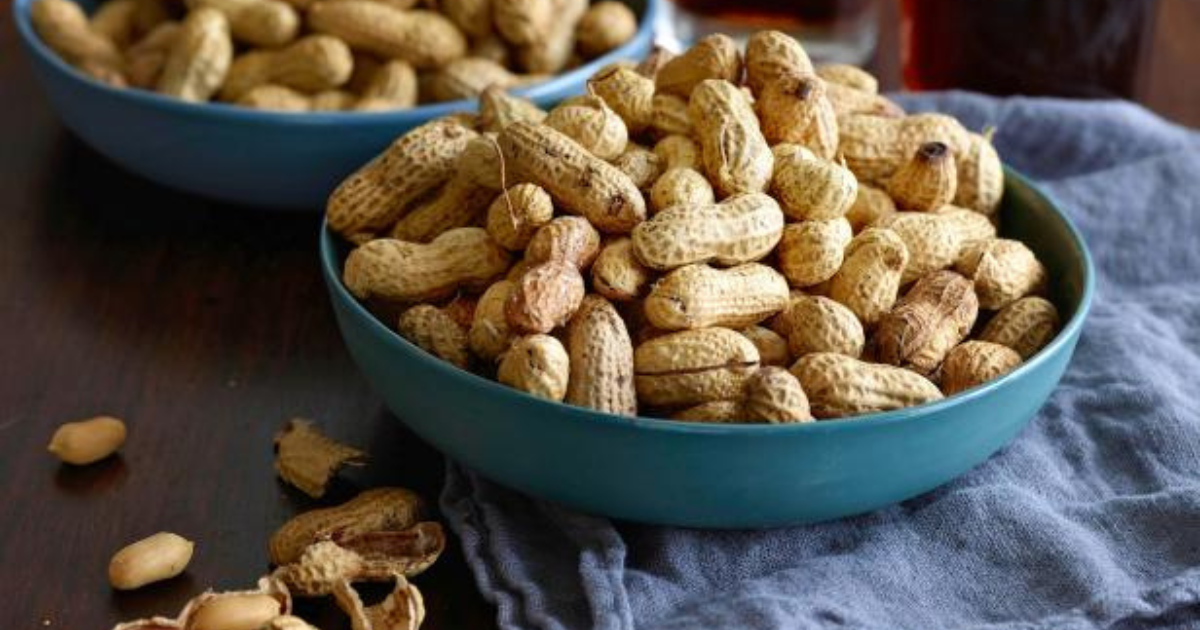
Source: Food Network
8. Tree Nuts
Tree nut allergies are also common and can cause severe reactions. People with tree nut allergies should avoid all tree nuts, including almonds, walnuts, and cashews.
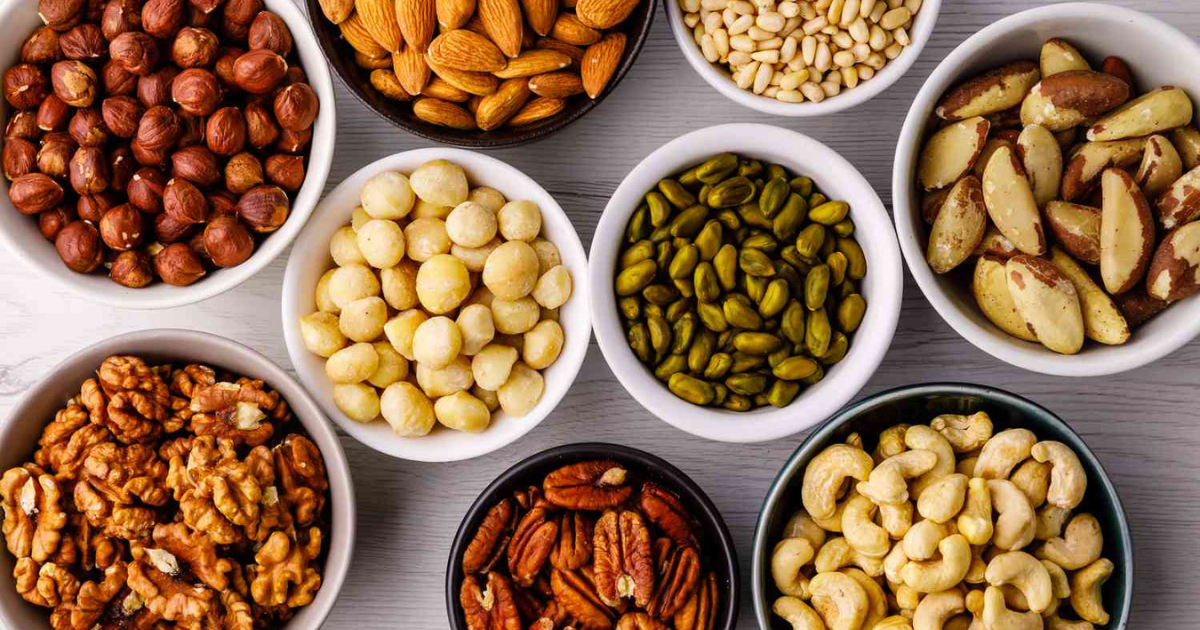
Source: Very Well Health
Ways to Avoid Allergens
Avoiding allergens is crucial for people with food allergies to prevent allergic reactions. Here are some tips for avoiding common allergens:
1. Read Food Labels Carefully
Always read food labels before purchasing food products to check for any allergens that may be present. Look out for phrases such as “may contain traces of…” or “processed in a facility that also processes…”.
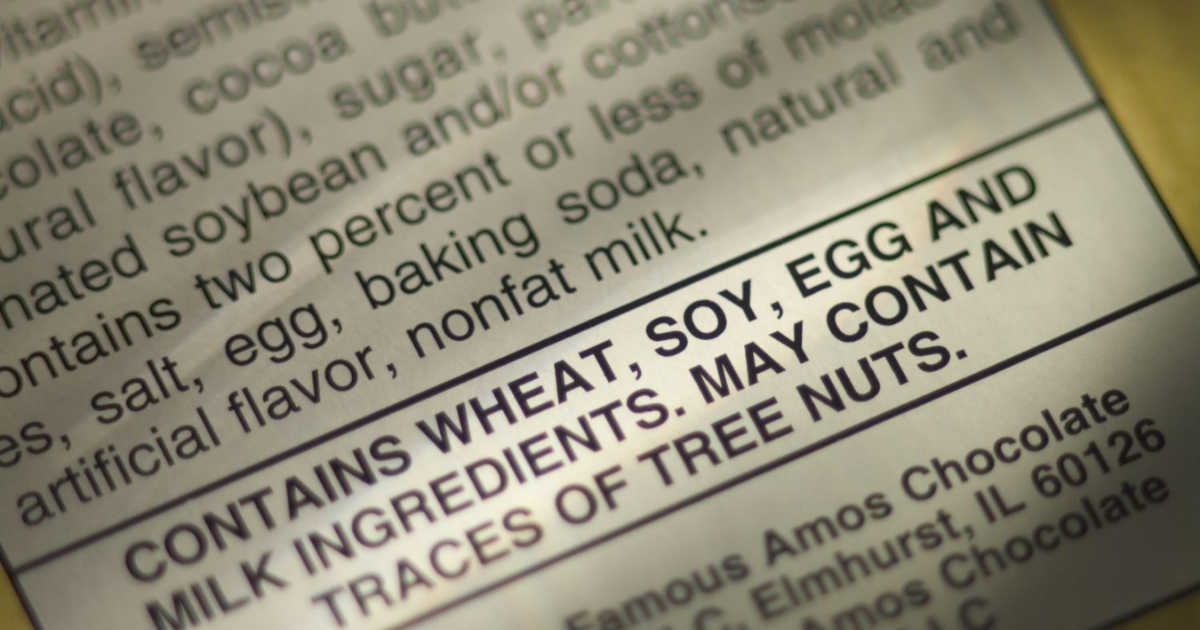
Source: FDA
2. Inform Food Handlers
Inform restaurant staff, food vendors, and other food handlers of any food allergies you have. Ask for the ingredients used in the dish and how it is prepared.
3. Ask for Ingredient Lists
Ask for ingredient lists and preparation methods before consuming food products, especially at restaurants or food stalls.
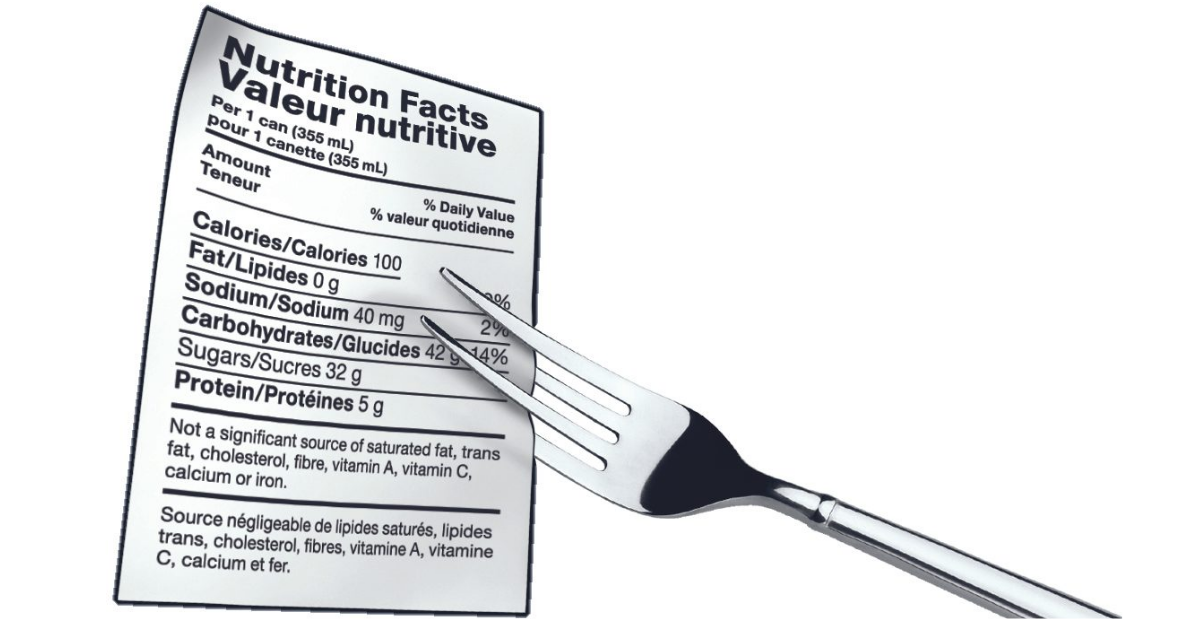
Source: Readers Digest
4. Bring Your Own Food
When in doubt, bring your own food to ensure you are not exposed to allergens. This is especially useful when attending social events or gatherings involving food.
5. Cook at Home
Cooking at home allows you to control the ingredients and avoid potential allergens. Consider investing in cookbooks and online resources that cater to individuals with food allergies.

Source: Randall Beans
6. Educate Yourself
Educate yourself about food allergies and how to manage them. Attend workshops, seminars, and food hygiene courses to stay informed about food allergies. Keep up-to-date with the latest research on food allergy management.
7. Carry Medications
People with severe food allergies should carry medications such as epinephrine auto-injectors, commonly known as EpiPens, with them at all times. These medications can help to alleviate symptoms during an allergic reaction and provide time to seek medical attention.
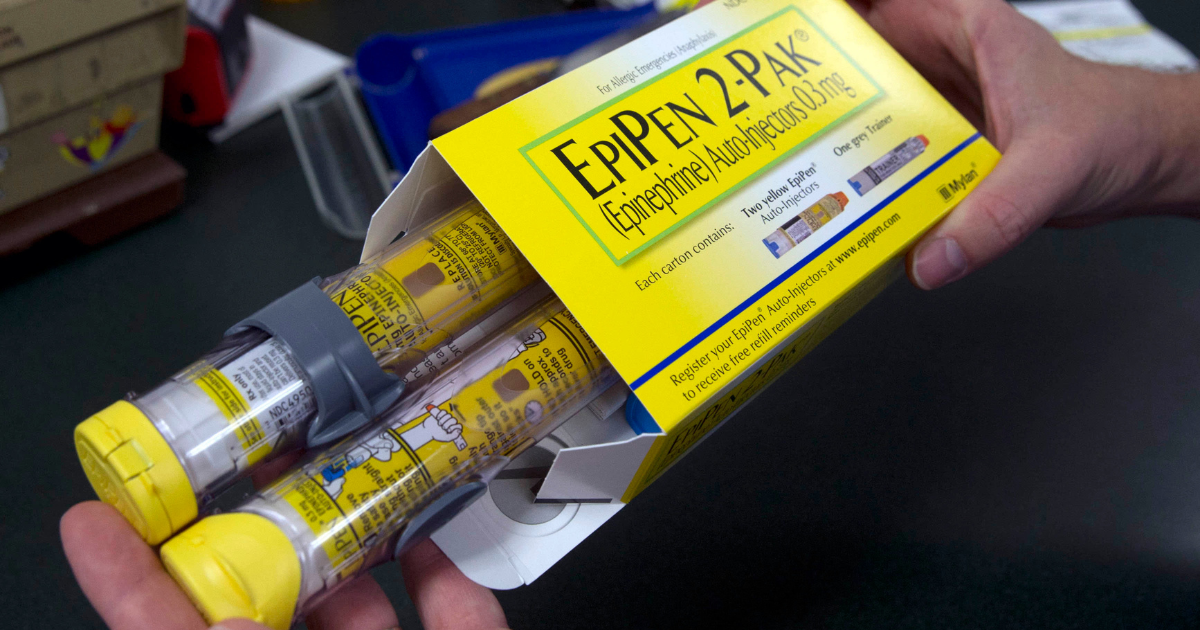
Source: CNBC
The Importance of Awareness and Understanding
Food allergies can be life-threatening, and raising awareness and understanding about them is crucial. Food handlers, including chefs, servers, and food vendors, must be trained to recognise and manage food allergies.
Furthermore, people without food allergies must understand the severity of allergic reactions and take appropriate measures to avoid cross-contamination. This includes washing hands and utensils thoroughly, using separate cutting boards and cooking surfaces, and not sharing food or drinks with individuals with food allergies.
Food allergies are a growing concern in Singapore, and it is essential to understand common allergens and how to avoid them. By following the tips mentioned above, individuals with food allergies can minimise their risk of exposure to allergens and prevent allergic reactions. It is also vital for everyone to be aware of food allergies and to take steps to ensure the food safety of those with allergies when preparing and serving food. We can create a safer and more inclusive food culture for everyone with greater awareness, understanding, and proactive measures.
Take charge of your health and safety by enrolling in our food safety course today. Learn how to prevent cross-contamination, identify allergens in food, and create a safe environment for yourself and others. Sign up now to gain the knowledge and confidence you need to manage food allergies easily.


